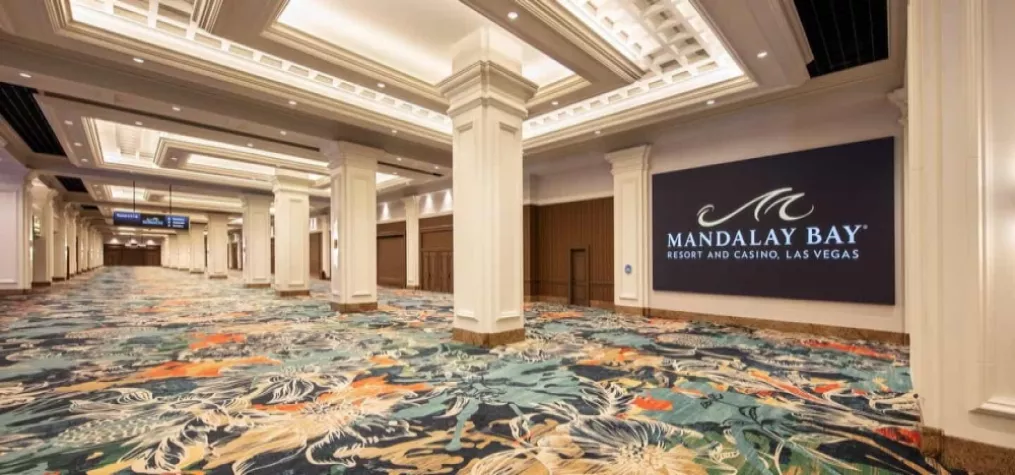Not so long ago, you could get by with a basic event website that managed to check off all the boxes for who, what, when, where and why so long as the color scheme matched the logo.
For better or worse, the days of those “floating brochures” are done. Now, sophisticated attendees and exhibitors expect more –and given the available technology and potential for lead generation and conversions, there’s no reason not to give it to them!
Here’s where to start:
Current Content
By necessity, a lot of event websites launch before full information is available. The idea is that updates will be made manually as planning progresses but we all know that as the event date nears, these good intentions have a reliable tendency to fall by the wayside. However, if your website doesn’t even offer complete or correct information, then what’s the point? Make things easier on yourself by connecting your user interface to your event schedule and exhibitor databases so that any changes made on the back end updates dynamically on the front end as well.
Analytics
Valuable data about your users is out there. Don’t miss out on your best opportunity to capture it! Whether you use a free tool like Google Analytics or a more sophisticated platform that will provide a deeper level of information, any good event website today has to have a mechanism to track visitors, know where they’re coming from, what they’re clicking on and whether they’re converting. This data is especially valuable for optimizing the content and structure on your site but it also has important implications for decision-making of the event itself.
Social Media Integration
There’s no better place to build a community around your event than the various places online where your attendees are already gathering to talk about it. Harness this opportunity by making your site the hub for all social media activity. Use integration to help expand the audience (giving visitors access to the event’s social media pages) and distribute content (via sharing tools).
Responsive Design
It is safe to assume that at least half of the visitors to an event website are using a smartphone, tablet, or other mobile device. That means responsive design is not optional. Any event website that does not take the necessary step of designing in a way that allows content to be easily viewed across any device is a wasted opportunity.
Trade Show Floor Plan
An event website is likely among the first destinations for prospective and returning exhibitors. It can also be an important sales tool when prospects can automatically select booth space, complete contracts and pay using the website to access an online floor plan management tool.
Marketing Automation
An entire industry has emerged to help companies automate, email, and track prospect interactions. Customer relationship management (CRM) platforms are at the heart of those initiatives. Avoid the hassle of duplicate data entry by integrating your website with your CRM platform to pull in information from online contact forms directly.
Design is always going to be important but event planners and association managers can and should go beyond basic look and feel to make sure their event website is doing everything it can to reduce workloads, attract visitors and convert customers.
With these elements in place, organizers can convert their event websites into powerful drivers of productivity and efficiency for sales, marketing and operations staff.



Add new comment